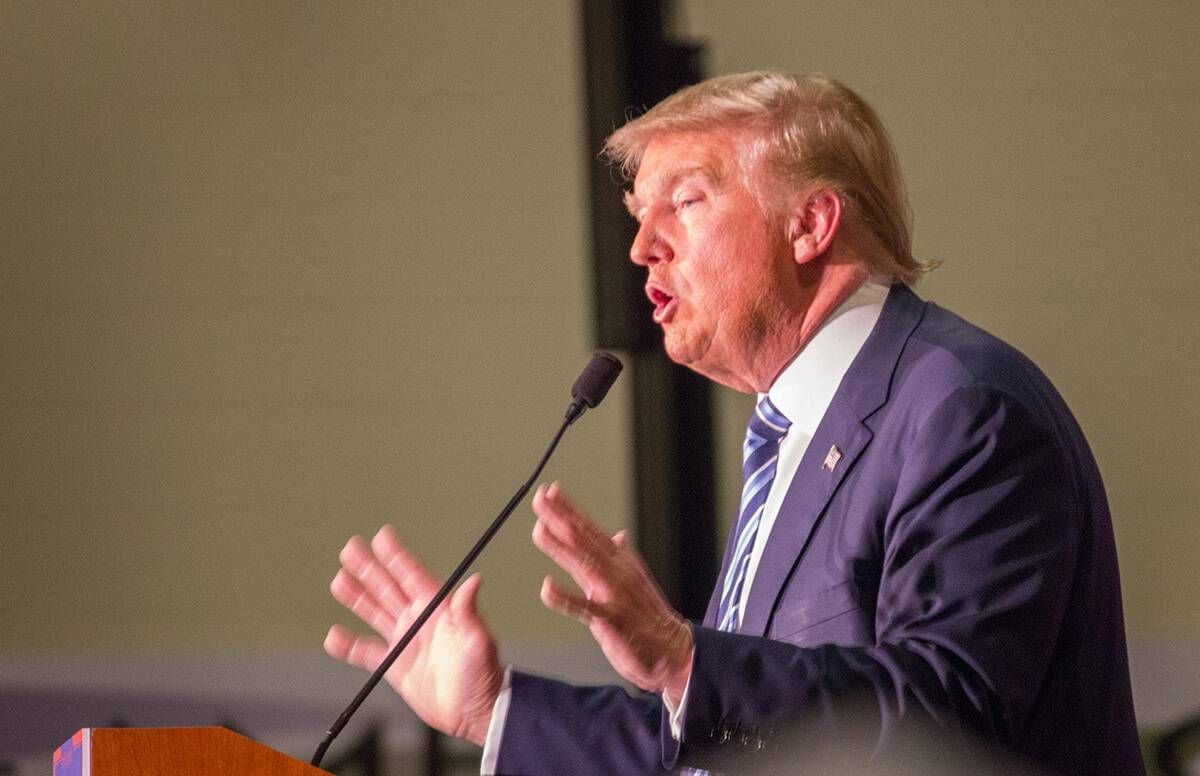What President Trump's Medicare Proposals May Mean
Forecasts from the co-directors of Health Care for America Now
(This article previously appeared on MarketWatch.com and reflects the views of its authors.)

On the campaign trail, President Trump made a lot of promises, including the declaration that he would not cut Medicare as president. But we believe that’s exactly what he’s doing with his proposed budget for 2019.
Trump’s plan includes $554 billion in cuts to Medicare, the federal health care program that provides insurance to 55 million Americans who are over 65 or living with disabilities. The program helps ensure that every American can afford doctor’s appointments, medications and life-saving treatments after they retire or when they are no longer able to work.
Trump's Proposals for Prescription Drug Prices
While some of the proposed changes to Medicare would target reimbursements for doctors to ensure they are not charging too much and would pass rebates along to beneficiaries directly, other program savings come from picking winners and losers around changes to the program’s prescription drug coverage.
Those with the highest drug prices — the just over 1 million Americans who reach the cost threshold to qualify for Medicare’s “catastrophic” prescription drug coverage — would pay none of those costs, instead of paying the current 5 percent copay. But the changes would also make it harder to qualify for that level of coverage and would force those just shy of that threshold — those with prescription drug bills between $3,750 and $8,418 — to pay as much as $1,000 more.
And even with a new cap on out-of-pocket prescription drug expenses, millions of older Americans and people with disabilities would ultimately pay even more than they currently do for prescription drugs and could have even fewer choices for covered medications.
Obstacles to Getting Care?
The budget plan would also make it more difficult for physicians to refer Medicare patients to other providers after they are treated for an acute medical condition. In other words, older Americans and people with disabilities would face new obstacles in accessing the care their doctors recommend. With potential outcomes like that, it’s not surprising physicians’ groups stand strongly opposed to Medicare cuts, and AARP has long argued against any reforms that shift costs to Medicare beneficiaries or threaten their access to care.
While Trump claims that lowering drug prices is a top priority — it was one of his core campaign and State of the Union promises — his budget doesn’t allow Medicare to fully negotiate directly with pharmaceutical companies — which is widely considered the most effective way to keep prices down. If Medicare could secure the same prices on medications that Medicaid receives, it could save as much as $16 billion every year.
The limited measures included in Trump’s plan to lower drug prices might be popular with pharmaceutical companies and a good talking point for those who don’t look into the details. But it stops significantly short of making the kinds of changes that would make a real difference in drug prices, one of Americans’ top health care and financial concerns.
Other Proposed Cuts and Older Americans
And the changes to Medicare are just a small part of Trump’s budget and just a fraction of the cuts that would hit older Americans and people with disabilities particularly hard.
It includes Affordable Care Act repeal, which would strip more than 20 million of health care and allow insurance companies to discriminate against those with pre-existing conditions. This has already been rejected by the Senate, and repeal is overwhelmingly opposed by the public.
President Trump wants us to believe that he is serious about improving care for veterans, but this budget includes cuts to programs that many veterans rely on to receive health care.
He says that the opioid crisis is a priority for his administration, but deep cuts to Medicaid would only make it harder to access life-saving treatment in the communities hit hardest by the opioid epidemic.
He says working families are a priority, but his plan would make it harder for everyday Americans to feed their families, pay the rent, and afford health care.
Americans deserve better from a president who pledged to protect seniors, working families and the most vulnerable among us on the campaign trail. Congress must reject this dark vision for our country and invest in real solutions to make health care more accessible and affordable for all.

